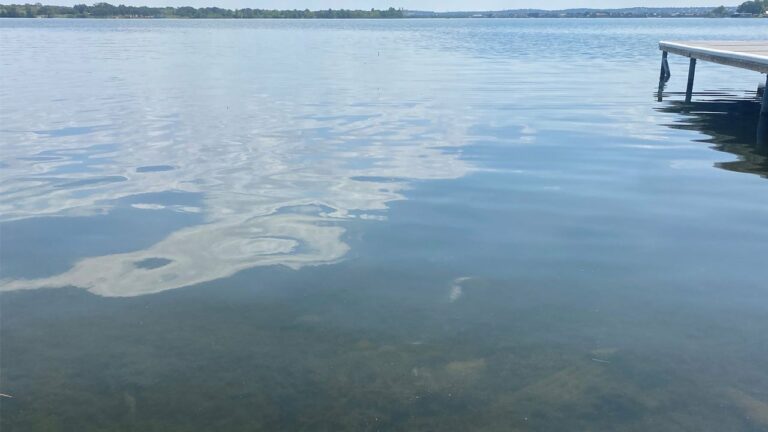Texas Resident Dies After Swimming in Lake: Health Officials Issue Warning
Tragedy struck when a Texas resident lost their life due to an illness caused by an amebic meningitis infection after swimming in Lake Lyndon B. Johnson (LBJ) earlier this month, as reported by health officials on Wednesday.
The individual, whose identity remains undisclosed, contracted the infection following their swim in the lake located in Travis County. Austin Public Health conveyed the concerning news, shedding light on the potential dangers lurking in natural bodies of water.
Dr. Desmar Walkes, Austin-Travis County Health Authority, stressed the rarity of such infections but highlighted the crucial lesson this unfortunate incident brings: “There are microbes present in natural bodies of water that can pose risks of infection,” she stated. The warmer temperatures during the summer season provide favorable conditions for harmful microorganisms to thrive.
Brain-Eating Amoeba Claims Life of Georgia Resident
The unfortunate incident serves as a stark reminder of the potential perils associated with swimming in natural lakes. The water sample from Lake Lyndon B. Johnson has been sent to the Centers for Disease Control and Prevention for further analysis. Health authorities at Austin Public Health emphasized that swimming in these settings involves inherent risks, including the possibility of amebic infections.
Amebic meningitis is a rare but grave illness that occurs when contaminated water enters the nasal passages. Activities such as diving into water, water-skiing, and similar water-related pursuits can lead to this infection. However, it is important to note that amebic meningitis doesn’t occur when water is swallowed or in environments like salt water or chlorinated pools.
Rare Infections: A Concerning Reality
Instances of amebic meningoencephalitis infections are few and far between. Over a span of 60 years, from 1962 to 2022, only 39 individuals in Texas have been infected by this rare condition. Despite its rarity, the incident underscores the necessity of staying vigilant and informed when engaging in water-based activities, especially in natural settings.
While enjoying the waters during warmer months is a cherished pastime, it’s crucial to be aware of the potential risks involved. As health authorities emphasize, understanding the possible dangers and taking precautions can contribute to safer experiences for all.

